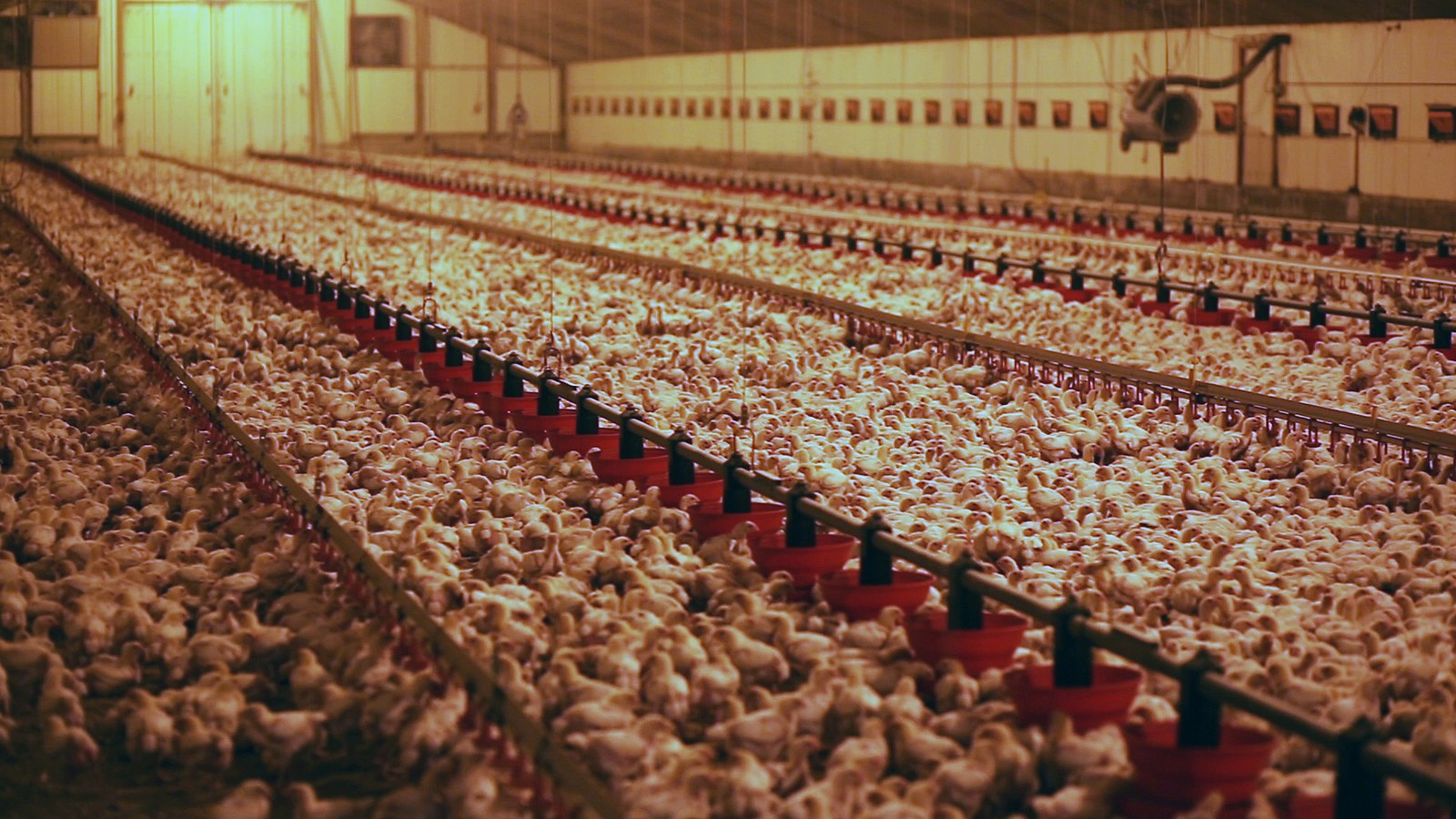CRISPR Will Likely Not Solve Bird Flu
By Carol Cardona and Michelle Kromm,
Scientific American
| 03. 11. 2024
Recently, a group of scientists announced a breakthrough approach to combat Highly Pathogenic Avian Influenza (bird flu or avian flu), a severe illness of birds that has killed millions of chickens worldwide since it emerged in 1996 and continues to devastate bird populations. This disease has quickly become a potential threat to human health and has affected both food prices and availability.
Their approach uses a gene-editing technique called CRISPR/Cas9. In general, this method changes defined segments of an animal’s genetic code to functionally alter what that code does. In this case, CRISPR was used to alter chickens’ genetic code to make chickens more resistant to avian flu. While this was a fascinating use of the technology, any time scientific innovation affects the food we eat, it becomes a sensitive issue. On top of philosophical concerns regarding the use of CRISPR within our food supply, we think there are too many unpredictable outcomes related to combating avian influenza with CRISPR-modified chickens to expect this technology will be a solution to this destructive disease.
While CRISPR has created almost infinite opportunities...
Related Articles
By Diaa Hadid and Shweta Desai, NPR | 01.29.2026
MUMBRA, India — The afternoon sun shines on the woman in a commuter-town café, highlighting her almond-shaped eyes and pale skin, a look often sought after by couples who need an egg to have a baby.
"I have good eggs,"...
By George Janes, BioNews | 01.12.2026
A heart attack patient has become the first person to be treated in a clinical trial of an experimental gene therapy, which aims to strengthen blood vessels after coronary bypass surgery.
Coronary artery bypass surgery is performed to treat...
By Staff, ScienceDaily | 01.05.2026
Scientists at UNSW Sydney have developed a new form of CRISPR technology that could make gene therapy safer while also resolving a decades-long debate about how genes are switched off. The research shows that small chemical markers attached to DNA
...
Following a long-standing CGS tradition, we present a selection of our favorite Biopolitical Times posts of the past year.
In 2025, we published up to four posts every month, written by 12 authors (staff, consultants and allies), some in collaboration and one simply credited to CGS.
These titles are presented in chronological order, except for three In Memoriam notices, which follow. Many more posts that are worth your time can be found in the archive. Scroll down and “VIEW...




